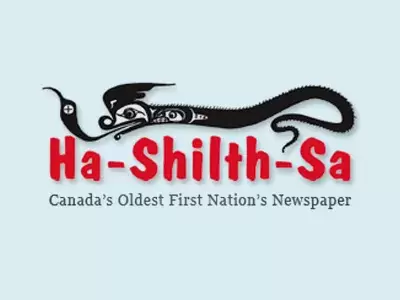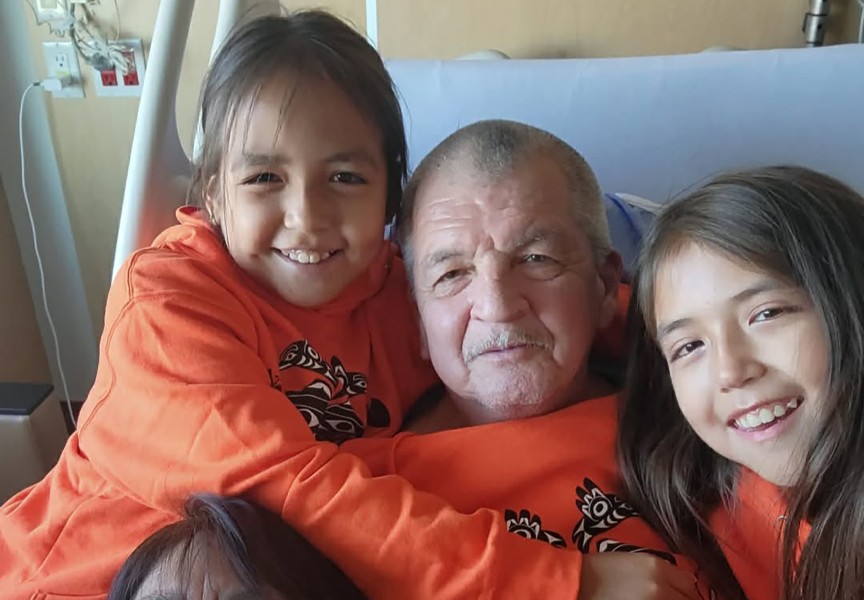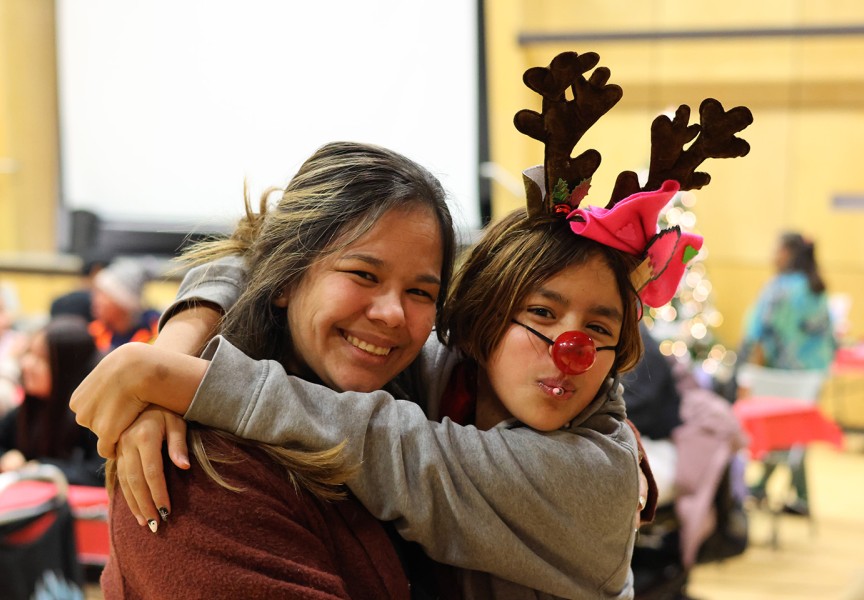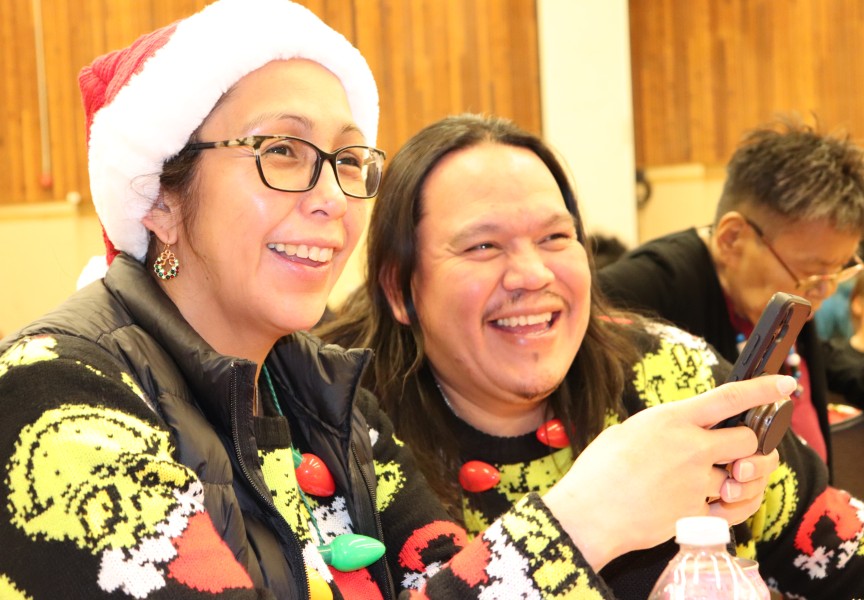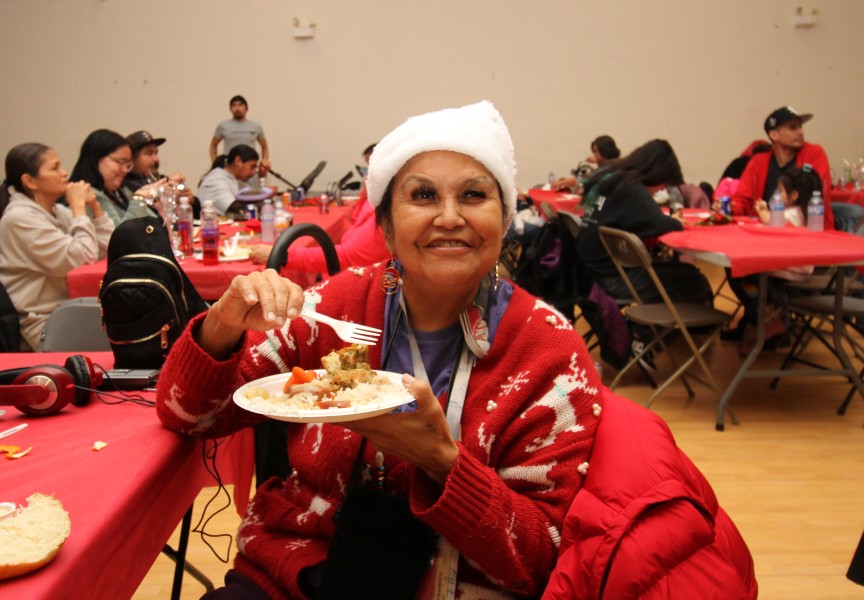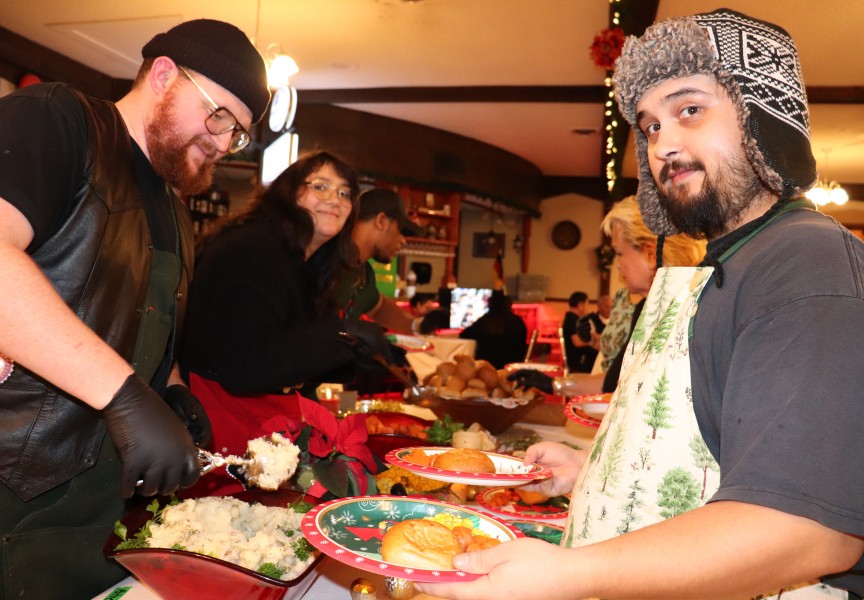On Friday, June 10, the Hul’qumi’num Treaty Group (HTG) announced new important developments and steps taken in furtherance of their efforts in opposition to the proposed $1 billion takeover bid of TimberWest Forest Corporation by the British Columbia Investment Management Corporation and the Public Sector Pension Investment Board.
The Vancouver Island First Nations whose traditional lands and territory had been confiscated without restitution by Canada through the E & N Railway grant, have joined together in support of HTG’s efforts to oppose the sale of TimberWest, demanding the right to consultation and accommodation prior to the sale.
The HTG announced that 15 First Nations on Vancouver Island have formed a coalition, including the six HTG nations, Cowichan Tribes, Lake Cowichan First Nation, Halalt First Nation, Penelakut Tribe, Lyackson First Nation, Stz’uminus First Nation, Snuneymuxw First Nation, Tseshaht First Nation, Hupacasath First Nation, Laich-kwil-tach Treaty Society which includes, Kwiakah First Nation, Wei Wai Kai First Nation, Wei Wai Kum First Nation, K’omoks First Nation, T’sou-ke First Nation, and the Esquimalt First Nation.
Also on June 10, the First Nations Summit Chiefs from across BC passed a resolution supporting a declaration that state states the First Nations never surrendered or ceded their traditional territories
“and we therefore object to decisions being made on these "private" lands without our consultation and accommodation and where necessary our consent. Canada, BC and corporate entities have an obligation under domestic and international law to honour our right to be consulted about decisions being made on these "private" lands and we call upon them to fulfill this obligation now and into the future.
“We collectively object to the current proposed sale of the TimberWest stapled units which includes these "private" lands, within our traditional territories to the Canada and BC pension funds and any other potential buyer without prior consultation with our nations.”
HTG also announced that the coalition is joined by the preeminent human rights advocate organizations Amnesty International and Lawyers Rights Watch Canada.
As well they have been joined by the environmental organizations of Ancient Forest Alliance and Ecotrust Canada. These organizations have each provided a statement regarding their support.
Amnesty International has called the decision of the Inter-American Commission on Human Rights of the Organization of American States (OAS) to hear a complaint about Indigenous land rights on Vancouver Island “a wake-up call to Canadian policy-makers.”
Craig Benjamin, Amnesty International's Campaigner on the Human Rights of Indigenous Peoples, expressed the organization’s continued support for the case. He stated, "The Inter-American Commission's review of the Hul'qumi'num Treaty Group case has the potential to be a landmark moment in clarifying Canada's human rights obligations toward Indigenous peoples. It is imperative that the rights at the center of this case be protected while the Commission has the opportunity to review the evidence and make its recommendations. To do otherwise would not only undermine the Hul'qumi'num people, but also this vitally important human rights mechanism."
Lawyers Rights Watch Canada announced they have filed submissions in support of the Hul’qumi’num Treaty Group’s petition to the Inter American Commission on Human Rights (IACHR) because of the history of inequality and discrimination by Canada against the Hul’qumi’num though the seizure and alienation of their traditionally owned lands and resources; by the unequal and discriminatory treatment of their customary land tenure system; and by the laws and practices instituted by successive Canadian governments that restricted and impaired the economic, political/civil, and cultural rights of Indigenous peoples and prevented equal access to judicial remedies.An examination of the history of relations between Canada and the Hul'qumi'num peoples reveals both de jure and de facto violations of the right to equality and non-discrimination. Canada failed to acknowledge, respect or protect the laws and property rights of the Hul'qumi'num. It failed to apply English law in an egalitarian way and used force during the 1880's to seize their ancestral lands for the benefit of non-indigenous settlers. During the late 19th and early 20th centuries, many laws were instituted that discriminated overtly against Indigenous peoples on the basis of race and prevented them from seeking redress in Canadian courts. Although the worst of this discrimination was removed half a century ago, Canada has done little to redress the resulting disadvantages experienced by Indigenous peoples. The Hul'qumi'num are now among the poorest people in British Columbia while those occupying their ancestral territories are among the wealthiest. Even after the filing of the Hul'qumi'num complaint to the IACHR, Canada has continued permitting third parties to clear-cut the disputed ancestral territory without consulting the Hul'qumi'num or obtaining their consent.
The Ancient Forest Alliance stated they are “also concerned about the sale due to the lack of commitment from the two pension funds to not log the last remnants of old-growth forests on these lands. Several thousand hectares of old-growth forests remain on TimberWest’s lands, including the spectacular Muir Creek Grove west of Sooke and the Koksilah Ancient Forest west of Shawnigan Lake, which various levels of government have expressed an interest in buying for conservation, as well as mature second-growth forests that buffer the Red Creek Fir (the world’s largest Douglas fir) east of Port Renfrew. In addition, the breakneck speed of logging of the second-growth stands – mainly for raw log exports, as TimberWest is the number 1 exporter of raw logs from BC –is far from sustainable, eliminating valuable wildlife habitat, causing siltation of fish-bearing streams, and eliminating future jobs for British Columbian millworkers and value-added wood manufacturers. The Hul’qumi’num have devised a high level land-use plan that is strongly environmental, calling for an expansion of protected forest lands, ecosystem-based management, the protection of remaining old-growth forests in their territories, and the re-growth of second-growth stands into becoming old-growth stands through longer logging rotations. Only eight per cent of the original old-growth forests remain in the Hul’qumi’num’s territory.”
Ecotrust Canada stated “ The private forestlands on the east side of Vancouver Island are some of the most productive growing sites in Canada, with very unique and important biodiversity. They are also the backyard to one of the most desirable places to live in Canada, which is experiencing rapid population growth. The current business model on Vancouver Island’s Private Forest Lands (PFL) is focused on a rapid liquidation of any remaining quality timber and the transition of higher value lands to real estate.” They offered the following alternative model. 1) That building a conservation economy includes managing our lands and resources in the best interests of the environment, the economy and our local communities. 2) The private forestlands on Vancouver Island, and any transition in their ownership, must include a plan to manage according to the highest third party certification standards, and be structured to ensure long term community benefit. There must also be a recognition and respect for Aboriginal rights and title. 3) These lands and this opportunity offer a unique moment in history to consider redefining the old business model with a longer term horizon in mind, including the need for reconciliation with First Nations in B.C. 4) Ecotrust Canada has offered our support to the HTG to develop an alternative approach for PFL in their territory that will better marry social, ecological and economic outputs and integrate the interests and needs of communities. This means managing not only for timber, but also for water, high biodiversity, non timber forest products, climate change mitigation and meaningful work.”
New action taken before the British Columbia Securities Commission
In furtherance of these efforts, HTG has sent a formal letter to the British Columbia Securities Commission to express its concerns regarding the potential acquisition of TimberWest Forest Corporation (TimberWest) by the two pension plans. In that letter, dated June 10, 2011, HTG explained its position that TimberWest has failed to properly disclose specific information relating to HTG’s human rights petition and claims before the IACHR that it believes are required under federal and provincial securities laws and other instruments that apply in takeover bid situations. Therefore, HTG has requested in that letter that the BC Securities Commission investigate and take appropriate action, including ordering TimberWest to cease trade pending disclosure of the material information related to HTG’s specific human rights claims, and take any other actions the Commission deems appropriate

